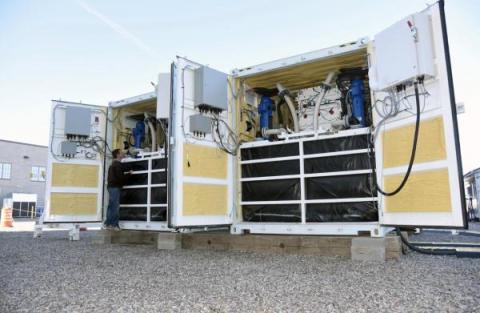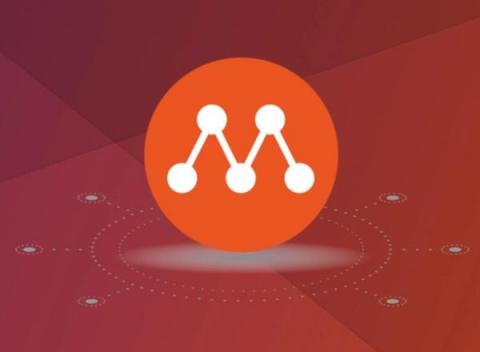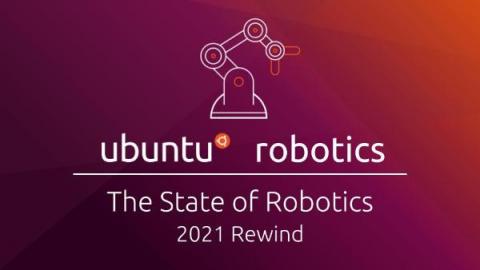Application composability and the shipping container
The previous blog post talked about the composability of applications. The key element for composing applications is defining the relations between application elements. And supporting relations is one of the advantages of the Charmed Operator Framework – including its runtime, the Charmed Operator Lifecycle Manager.








